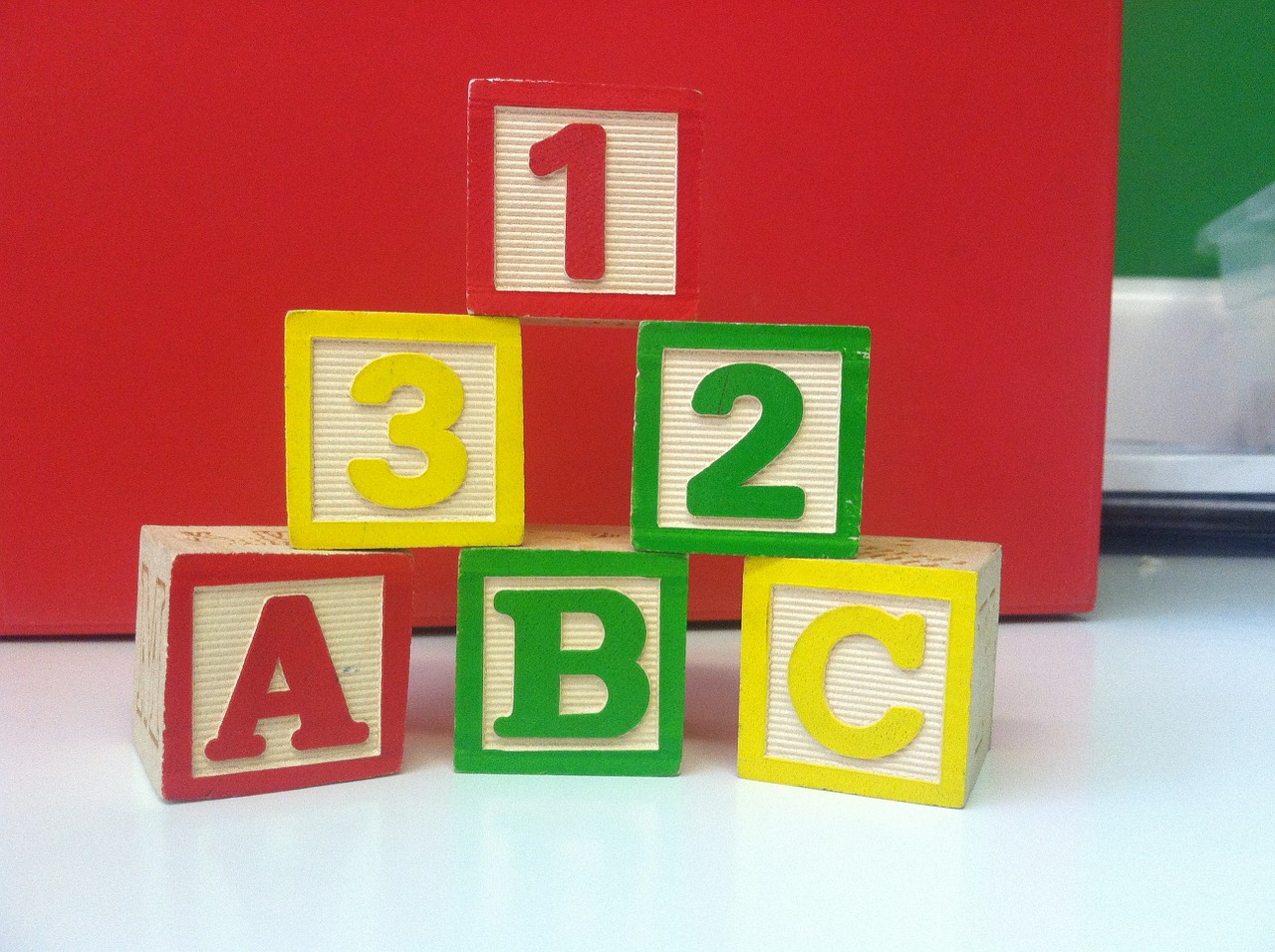Authentic Leadership Is As Easy As ABC
Most procurement pros are in agreement that authentic leadership is a great thing. But what actually constitutes an authentic leader? It’s as easy as ABC…

Join The Big Ideas Summit 2017 group to access all of last week’s discussions and exclusive video content.
Have you ever wondered about that term Authentic Leadership? We’ve seen it so often in blog posts and Facebook ads it’s become ubiquitous. Most people agree that being an authentic leader makes us more open to new possibilities; persistent and passionate about what we do.
But how can we become more authentic?
Visions of meditation, yoga and alternative therapies spring to mind. And, while I enjoy all three, this isn’t the route to being authentic.
Achieving authentic leadership is just a case of learning your ABCs…
A is for Adaptability
Things change at an alarming rate these days. I can remember when only one person in the team had permission to use email. Nowadays, emails, texts and social media are the cornerstone of communication.
And it’s not just technology that’s changed. Information is available at the touch of the button. Anyone can find out the answer to (almost) any question in under a minute. Politics is changing too, look at the seismic shift brought about by Brexit and Trump.
Jenny Blake sums it up beautifully in her book Pivot: “If change is the only constant in life let’s get better at it”. By developing adaptability in our business model and ourselves, we can anticipate changes and lead our teams with authenticity and confidence.
As Nancy Duarte tells us in Illustrate: “Leaders anticipate the future…[they] shape and bring it forth.” So we need to be open to all the possibilities that arise, willing and able to adapt both ourselves and our services quickly, responding to the ever-changing world we live in.
B is for Bouncebackability
Being adaptable comes at a price. We won’t success at everything we try. Sometimes we’ll misjudge the changes, back the wrong horse or, even worse, fail to act.
As aspiring authentic leaders we have to learn that there’s nothing wrong with any of these, that failures are part of the learning curve and are actually incredibly important. We need to see them in the context of Angela Duckworth’s concept of grit or, to use a term which originated in the fanatical world of UK soccer, we need to develop bouncebackability.
By telling our teams we will fail along the way, we’re preparing them for the challenges ahead. We’re encouraging them to be brave and try things and we’re removing the paralysing effect of waiting for everything to be perfect.
Bouncebackability instigates a culture with a growth mindset, turning setbacks into future successes, making failure not a permanent position but a necessary step. As Carol Dweck tells us, exceptional people as seeming “to have a talent for converting life’s setbacks into successes”.
We need to encourage and embed a culture of bouncebackability into the teams we lead and the organisations we work for.
C is for Creativity
And finally, to do all this we need to foster our creativity. To be flexible and adaptable we must be creative. We need to be able to look at the challenges facing our services and discover new, better, more robust ways of delivering them.
As the Monty Python veteran John Cleese reminds us “creativity is not a talent, it’s a way of operating”.
We’re not born creative, it’s not a gift we either have or don’t have. It’s something we learn, a skill we can develop. We need to strengthen our creative muscle by finding the courage to be authentic and to take risks. This, in turn, will strengthen and develop our creativity.
MIhaly Csikzentmihalyi’s research shows that creative people are both humble and proud, they’re playful and disciplined. And the key unlocking creativity is a passion for what they do. Passion that brings us right back to authenticity.
So, as leaders, we can be authentic in what we do. It really is as simple as ABC…
Want to catch up on all of last week’s Big Ideas Summit activity? Join the group here.